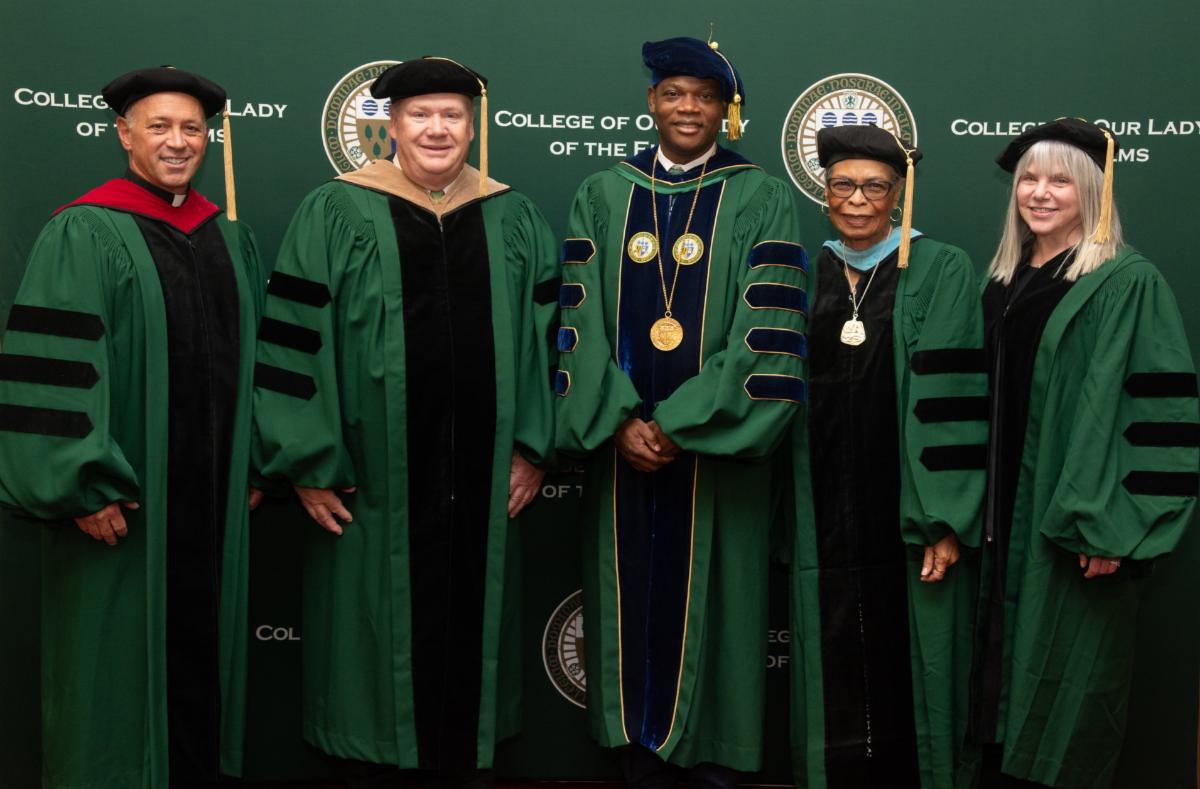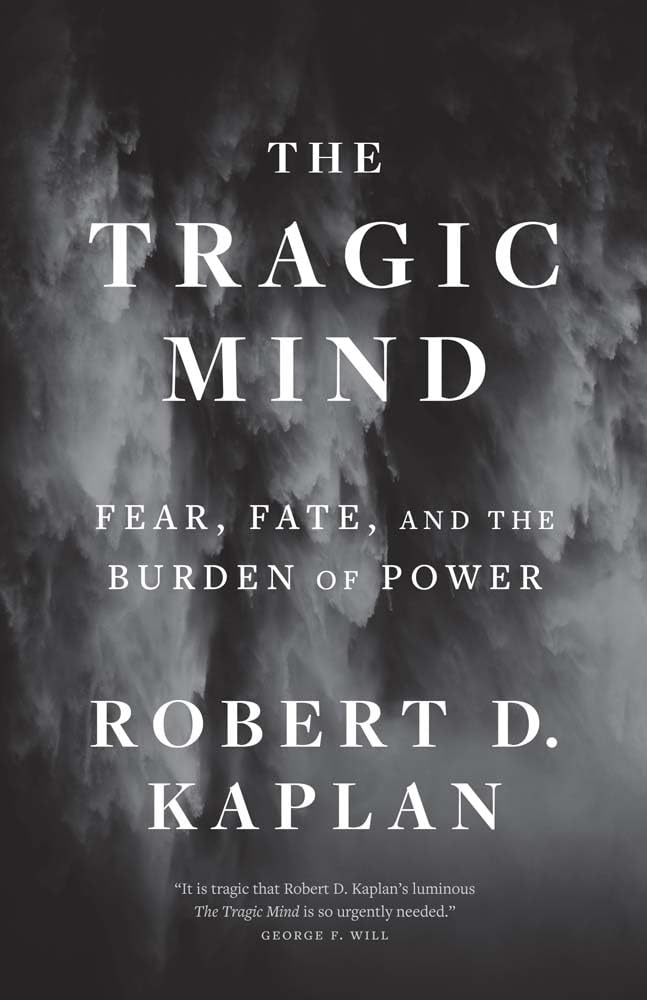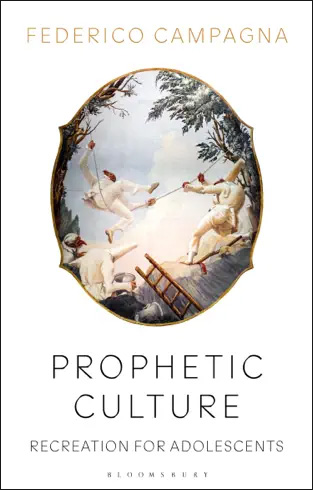|
In this season of protest, we have all watched in real time as campus leaders made consequential decisions in complicated and rapidly changing situations. It’s easy to second-guess and to judge with the benefit of hindsight. It’s much harder to prepare to lead in turmoil, volatility, and time pressure. No one can be fully prepared for every contingency, but there are actions you can take now that will help you make wiser “on the field” calls later. I’d like to share a few things that I found especially useful—not just for responding to protests but anytime strong passions divide a campus:
-
Make principled policy you can live with and test it under a variety of assumptions and situations. Good policy is relevant in a variety of divergent contexts and lends itself to action and follow through. Any consequences should be fair and meaningful, but they also must be ones the institution is prepared to enforce. Importantly, policy should flow from the principles and values of the institution and give guidance for action when various principles and values conflict.
-
Identify and prepare your “de-escalation” team. These are faculty and staff members who are widely respected and trusted by multiple campus groups and who are good at reducing conflict and finding common ground. This is a team from whom you can seek advice and who you can deploy during high tension events to carry the message of safety and institutional care to students and others on all sides of an issue.
-
Avoid being drawn into power struggles. The goal is not to win or to show how tough you are, it is to restore or support an environment conducive to teaching and learning. Acting from anger or fear is rarely a path to a successful outcome. Do everything you can to remember that you love this community and its members—even when they are making life difficult for you. If compromise isn’t possible or warranted, you might still be able to find a graceful way for the various partisans to stand down.
Questions for reflection: What are my institution’s current policies for managing disagreement and conflict? Do they need to be reviewed? Who can I rely on to de-escalate conflict? Who are the peacemakers in our community? What power struggle traps are most likely to trigger my anger? Where do I need to take a less personal view? What are some historical examples of positive conflict resolution on my campus? What can I learn from those moments?
|  | Elms College celebrated its 93rd commencement on May 18, 2024, at the MassMutual Center in Springfield, MA. | |
This spring, the CIC staff made a special effort to visit member campuses and reconnect with the on-campus experience. I am grateful to the following CIC institutions that welcomed our team members:
I just returned from Elms College in Massachusetts, where I was honored to deliver the commencement address and receive an honorary degree. Elms educates many first-generation students and the sense of joy and pride among the graduates and their families was evident to all. Many thanks to President Harry Dumay and the Elms community for this honor.
The prior week, I traveled to the University of South Alabama to speak to an audience of a few hundred faculty members when I delivered the keynote address for the 2024 Regional Conference on Teaching and Learning, hosted by the University’s Innovation in Learning Center. It was energizing to spend time with dedicated faculty members deeply focused on how to engage this generation of students. My topic was “Higher Education in a Benighted Age.” I plan to rework the talk for publication, but I am happy to send a current draft to anyone who emails me.
Speaking on a public university campus in Alabama meant that the conference organizers had to alert me to the state’s divisive concept legislation (PDF). This was the first time I spoke in a state and on a campus where such laws were in place. There was nothing in my planned talk that violated the state law, but the need to review a list of state-censored points of view before I could speak was indeed chilling. I am eager to hear from those of you living, working, and teaching in states with such laws to understand how you are addressing them in the classroom.
|  | |
As soon as I saw that the National Museum of American History had unveiled an exhibit devoted to Robert Pirsig and his book, Zen and the Art of Motorcycle Maintenance, I knew I needed to plan a date with my husband Larry to go see it. For many years, Larry taught this book in his introductory philosophy classes at Muhlenberg College. He conveyed the impact it had on his own life and helped his students understand that meaning, purpose, and value are fundamental aspects of experience and not just add-ons to be considered only after utility and profit are exhausted. Visiting the famous motorcycle and seeing other ephemera was fun. I re-read the book in preparation and found it holds up amazingly well.
Larry tells me that the passages he found most meaningful in the book are those that reveal that caring about the quality of the things you make—whether that is a motorcycle, a relationship, or a piece of writing—is the key to living well. Here’s a sample passage:
“The thing to do when working on a motorcycle, as in any other task, is to cultivate the peace of mind which does not separate one’s self from one’s surroundings…Peace of mind produces right values, right values produce right thoughts. Right thoughts produce right actions and right actions produce work which will be a material reflection which for others to see of the serenity at the center of it all.” (Chapter 25)
| |  |
|
Zen and the Art of Motorcycle Maintenance
by Robert M. Pirsig
This classic philosophy text disguised as a novel reminds us that how we do anything is how we do everything. It’s also a great model of what it means to live the life of the mind and how to find the balance between the high mountains of philosophy and the valley of everyday life. At the same time, it offers a deeply moving meditation on madness, parenting, and vocation. Be prepared for a few dated insensitivities around race and gender.
|  | |
The Tragic Mind: Fear, Fate, and the Burden of Power
by Robert D. Kaplan
This book is an apologia of sorts as Kaplan reflects on the hard lessons he learned as a former advocate for so-called “just” war. His role as a foreign correspondent in a variety of hotspots, including Saddam Hussein’s Iraq, placed Kaplan in a position of influence during the lead-up to American intervention. The chaos that ensued caused him to regret his earlier confidence that war is ever a good solution. He argues that a better understanding of the lessons of tragedy and a healthier respect for the evil of chaos will lead us to pursue less violent and more effective strategies of resistance to injustice. It’s rare to find a pundit as self-reflective and wise as Kaplan or a political philosophy as timely.
|  | |
Prophetic Culture: Recreation for Adolescents
by Federico Campagna
Italian philosopher Federico Campagna takes it as a given that the civilization he calls “Western Modernity” is fading under the weight of its own success. He points out how vulnerable we are to cultural annihilation and asks us to consider what lessons, symbols, and knowledge we would bequeath to members of future civilizations as the remnants of our best thinking and activity. Whether you agree with Campagna’s diagnosis of the fragility of the seemingly powerful world-making of Western Modernity or not, the exercise of distilling what it could offer to those not already in its thrall is thrilling and enlightening.
|
Subscribe to Newsletter
Was this email forwarded to you? Sign up here to receive this newsletter directly.
| |